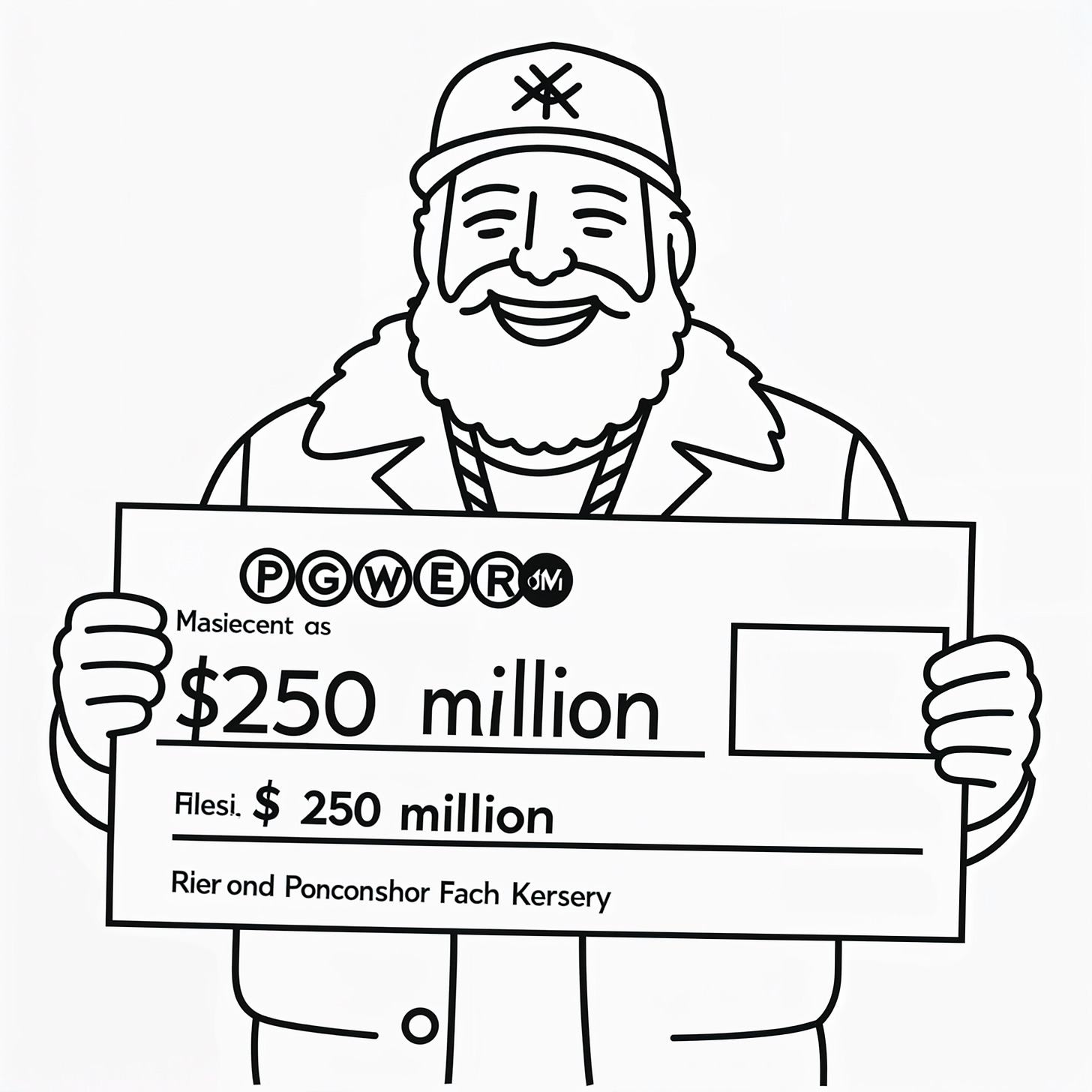1-31: The New York City Lottery
A Worthy Thought Experiment
Imagine you win the Mega Millions lottery in NYC, with a $250 million payout, but there's a twist: you can't keep a single dollar for yourself. Instead, you have to distribute the entire amount between the residents of the New York metropolitan area — all 8 million if you'd like.
You could divide it equally, giving $31.25 to each person. Imagine the headline: “Lottery Winner Donates to All of NYC!” This is the peak egalitarian approach of everyone getting the same amount. While it is difficult to imagine that amount would be life-changing for anyone, there is a chance that you could feed hundreds or thousands of homeless, thus giving them another day without potentially going hungry. This would also undoubtedly lead to going viral online: trending hashtags, local articles, maybe some heartfelt posts. Yet, the fame would fade almost as fast as it appeared. The fleeting joy people get from a few free Slurpees or taxi rides would be forgotten as soon as a single week later.
On the other hand, what if you gave $25 million each to your ten closest friends? This act would undoubtedly change their lives. They could buy homes, start businesses, support causes they care about, or take trips they never thought possible. The outcome would be unpredictable: some friends might thrive, others might struggle. But they would certainly remember you as the one who changed everything for them. Some might even refuse to accept it, telling themselves that they could never possibly deserve such a grand gift. Others might suggest you should give them a larger share than 10%, citing they will be able to more optimally allocate it than others to better the world.
There are countless possibilities between these two extremes. What if you gave $2,000 to each of the approximately 130,000 homeless population in NYC? You could carve out different amounts to fund charities you care about, arts and culture, or any other area of interest.
You might be asking yourself what practical implications this thought experiment could have on your life, but the benefit to this mental exercise is simply carving the first neural path such that any future scenarios surrounding resource or reward distribution come to a swifter conclusion. Is it better to dramatically improve one life or share a small good across millions? Even without winning the lottery, we make choices every day about how we spend our time, money, and energy. Do we pour ourselves and our resources into a few cherished missions or people, or spread positivity and wealth, even faintly, across everyone we meet (and even those we don’t).
In my mental lottery-winning experiment, some days I struggle to think of ten of my closest friends who I think would be worthy stewards of $25 million. Other days I’d like to make a massive donation to tackle a public health disaster, create a new educational institution, or establish a new foster care facility.
The lottery, as a daydream, can be remarkably productive as it endeavors us to explore the choices we would make and the impact we would leave behind. Wealth reveals who we are and what we value. Whether offering a small gesture to many or leaving a lasting impact on just a few lives, each decision we make reflects our unique priorities and how we personally make a difference in others’ lives and the world around us.


